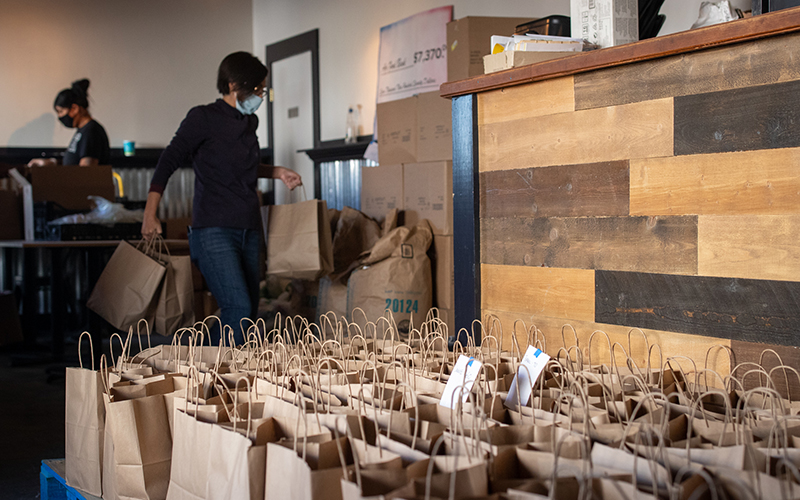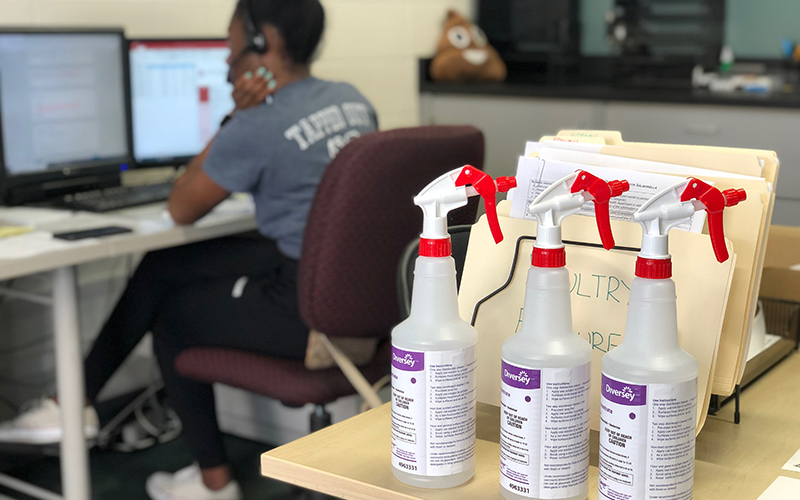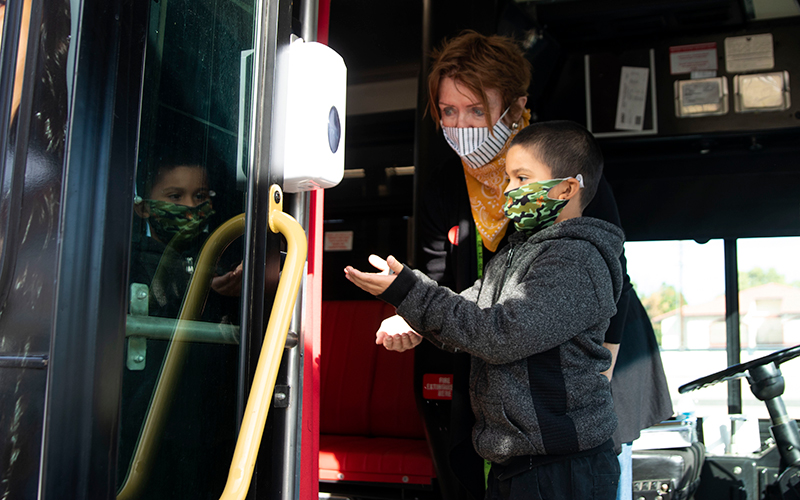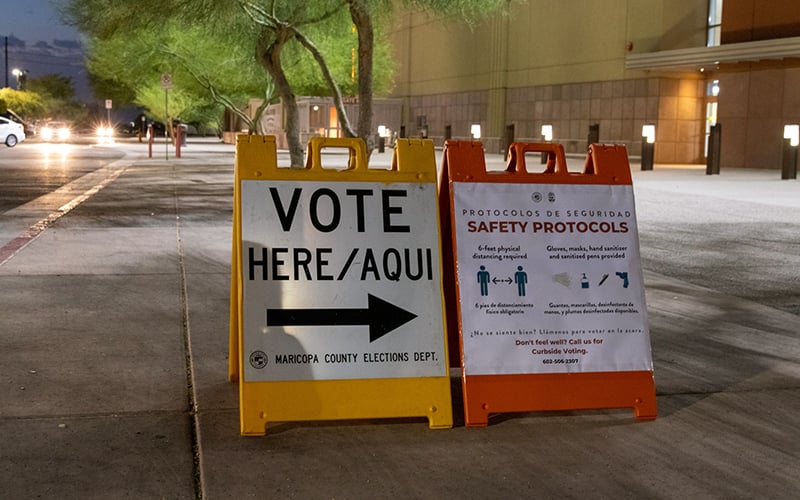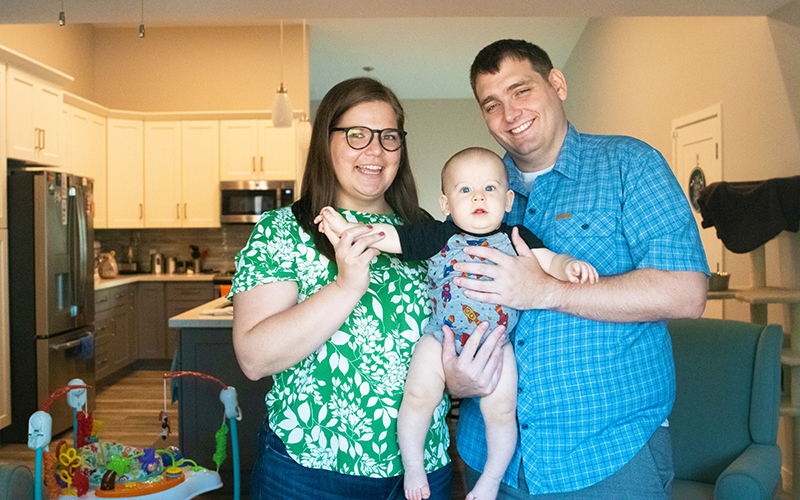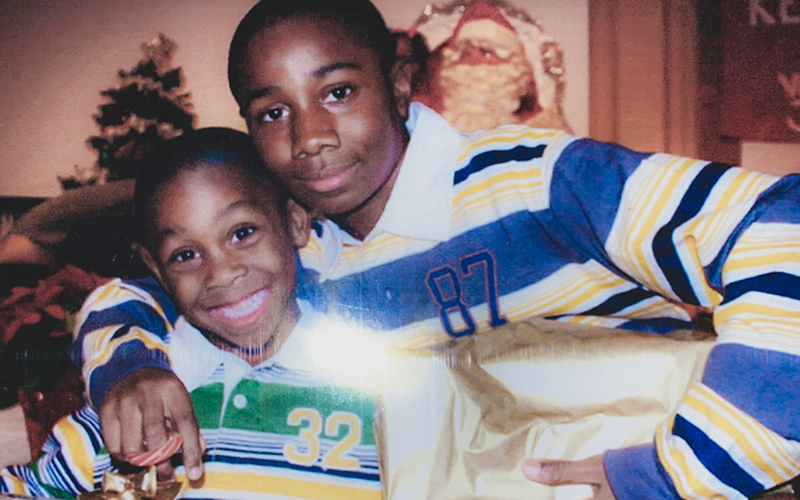Latest from Katherine Sypher
Ajo group bands together to fight food insecurity during COVID-19
AJO – When COVID-19 crashed the food systems in Ajo and the nearby Tohono O’odham Nation, locals stepped in to fill the gap. After the shelves of the town’s lone grocery store were picked bare in April, one nonprofit transformed a cafe into a de facto food pantry.
Once used to track foodborne illnesses, UArizona team now traces COVID contacts
Volunteers from the University of Arizona’s SAFER team are conducting two functions the CDC says are essential to preventing the spread of COVID-19: contact tracing and case investigations.
‘This is trauma’: Some Latino children face mental health struggles during pandemic
PHOENIX – The coronavirus pandemic has upended children’s lives and, for some, harmed their mental health. Researchers and social workers say that Latino children are especially vulnerable to suffering poor mental health during COVID, and the ramifications could be long-lasting.
Election updates: Voters defy COVID, misgivings to make their voices heard
Millions of Arizona residents have already voted in this swing state but people are showing up in person at polls around Arizona to vote for President Trump or Joe Biden for president, for or against Proposition 207 to legalize recreational marijuana and Prop 208 to fund education.
As schools reopen, Arizona confronts high rates of COVID-19 in youth
PHOENIX – Across the U.S., the number of COVID-19 cases in young people has passed 500,000. More than 26,000 cases are in Arizona, and experts say that’s partly because of the state’s large population of youth of color who are more vulnerable to the virus.
The ununited state of juvenile justice in America
As a child in the United States, justice depends on where you live, the color of your skin, which police officer arrests you, or which judge, prosecutor or probation officer happens to be involved in the case. Juvenile courts across the country processed nearly 750,000 in 2018 and about 200,000 of these were removed from home and locked away.

